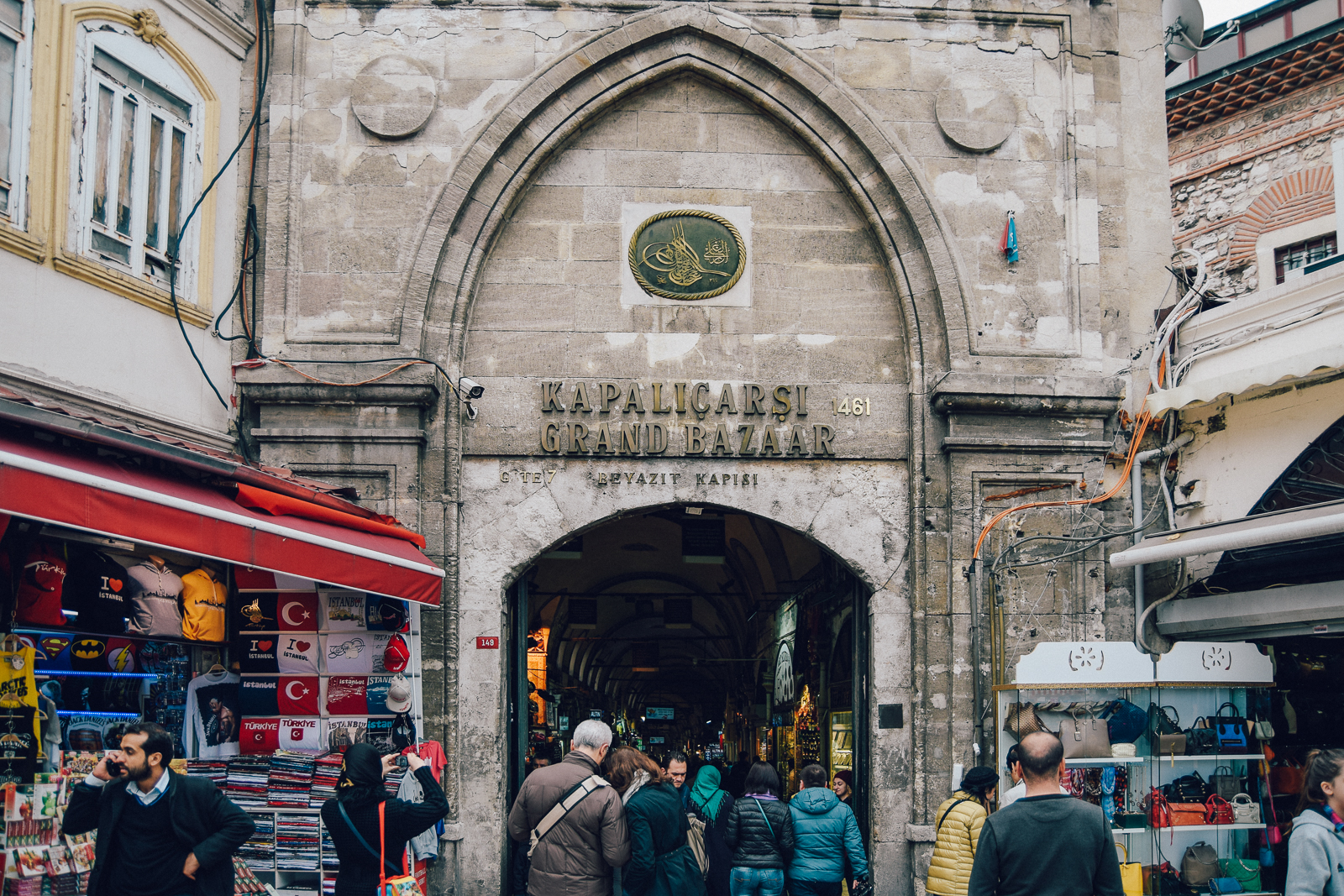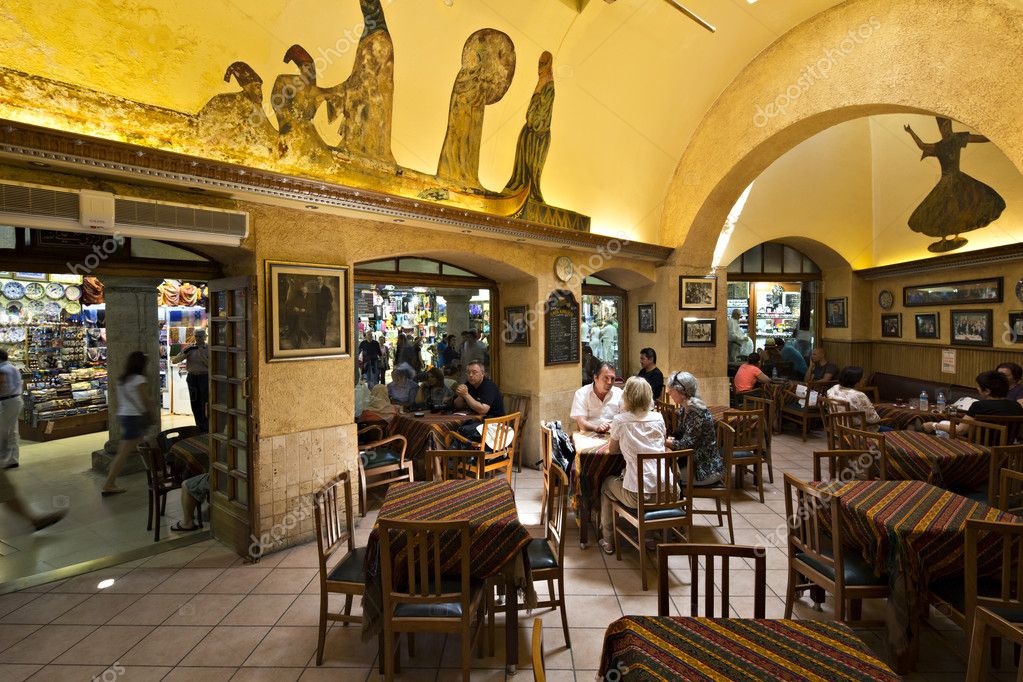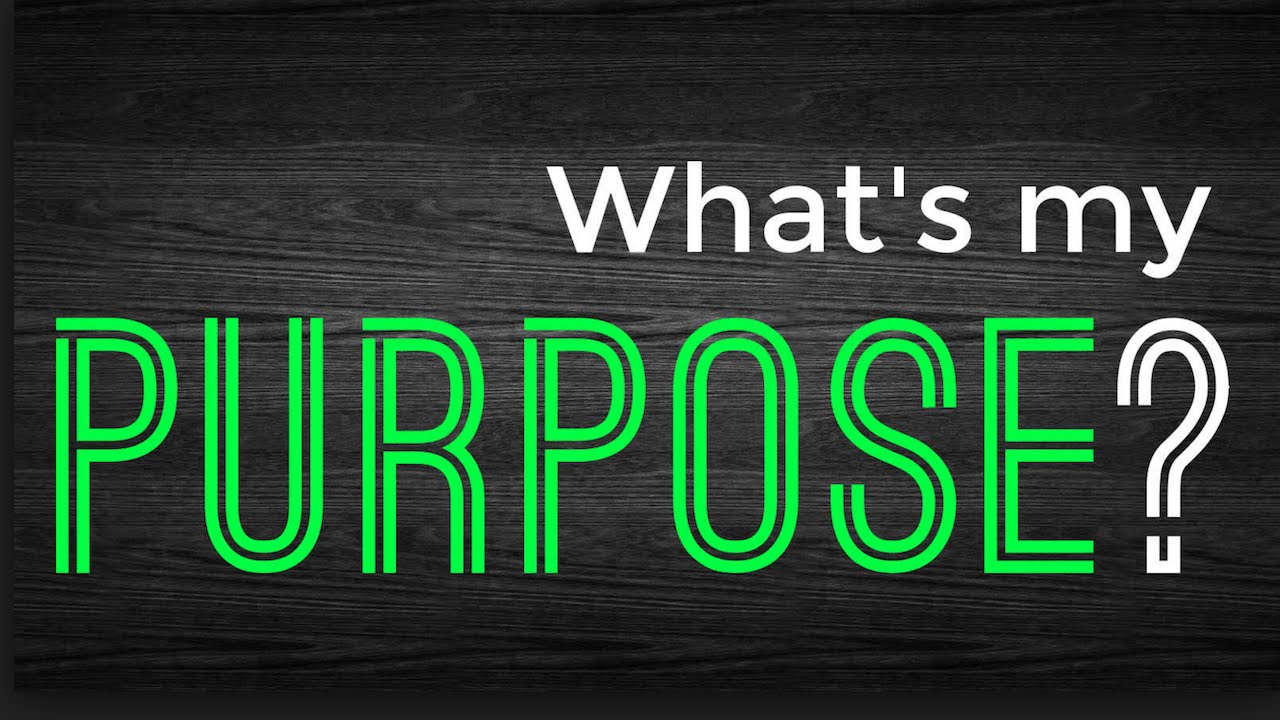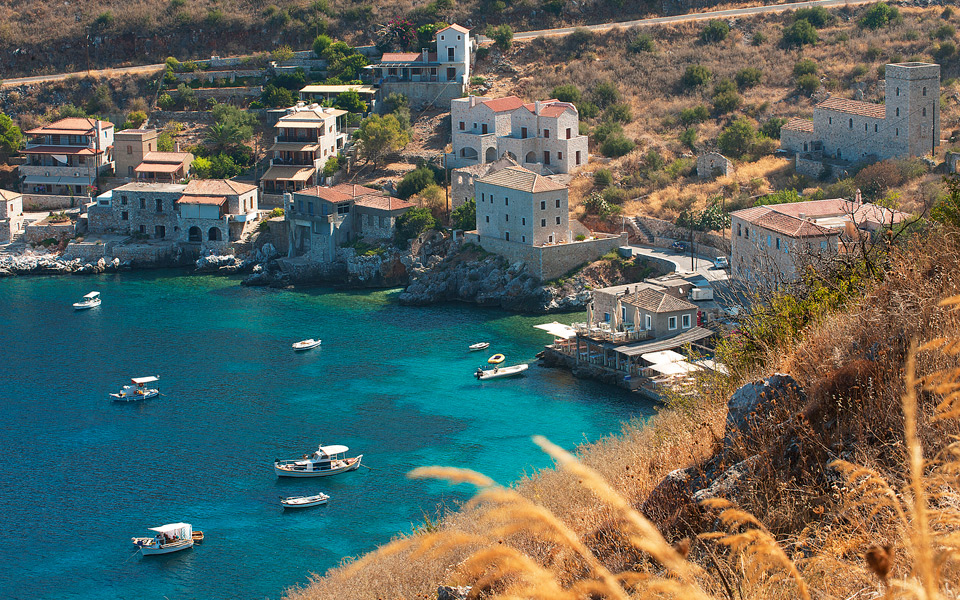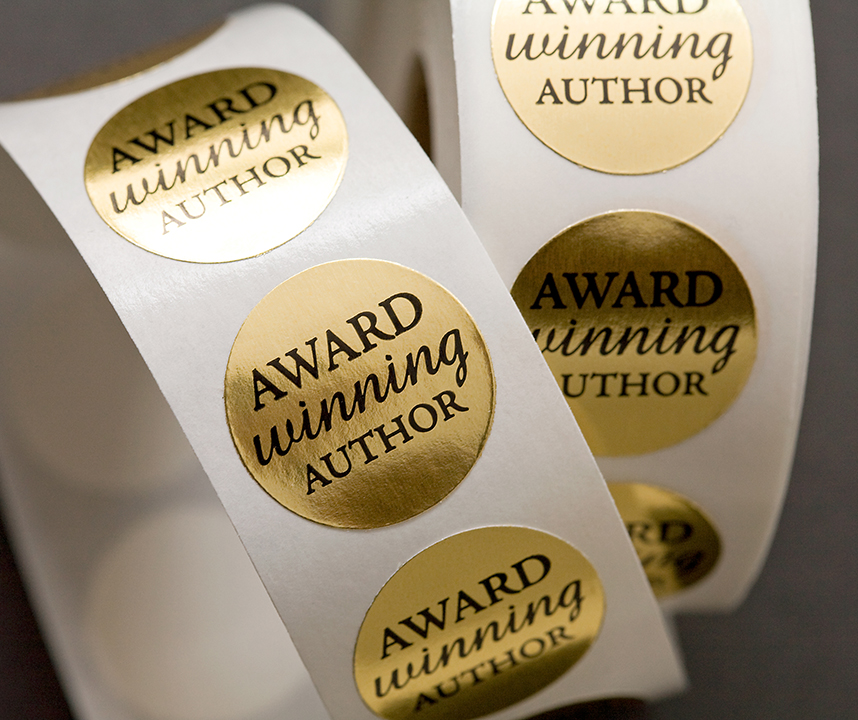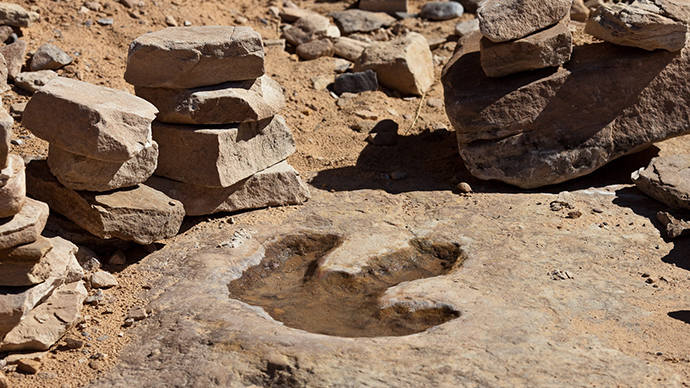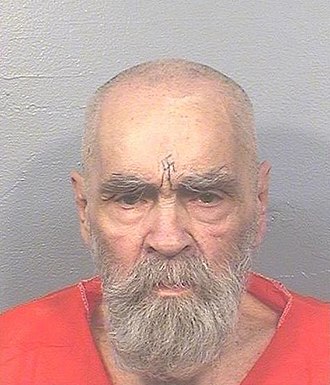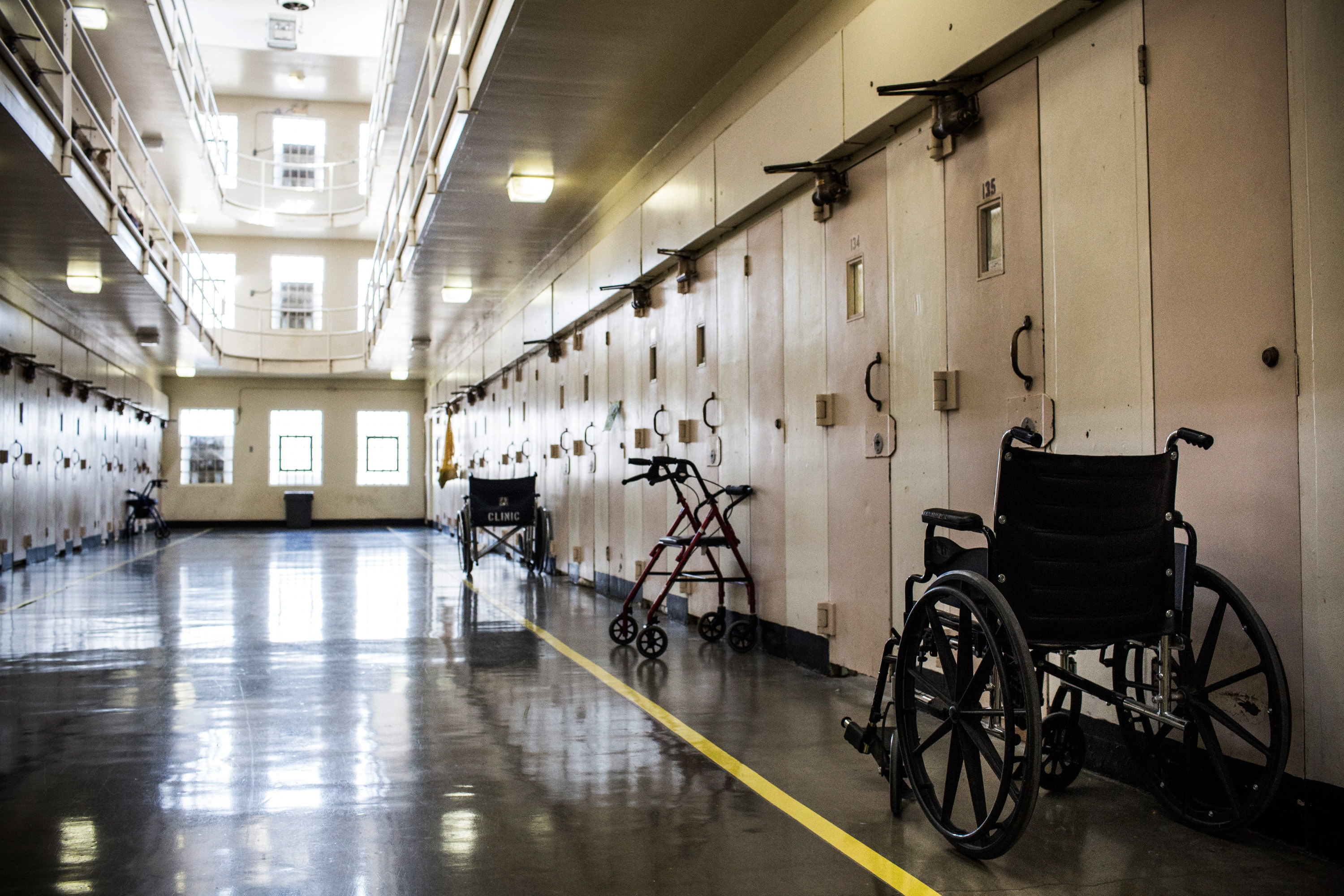How to Live in Trumpland ~ Being in Such a State as to Be Ready to Do or Suffer Something
 Wednesday, June 13, 2018 at 7:10PM
Wednesday, June 13, 2018 at 7:10PM A good friend posed the following question: How do we fit ourselves into these obviously bad times? He repeated the question a couple of time always using the word “fit.” The question came from a conversation we were having about the now burden of conviction that to be a good person and citizen we needed to be informed and that the act of being informed, in “these obviously bad times,” was depressing, really depressing. My friend said he simply could not digest the news in the morning because he had to prepare for work (he teaches at a major university) and needs to be in the right state of mind. I said I read the news first thing in the morning, but for the first time in my life I was thinking about creating a news free zone around myself—no reading, listening to, or watching news, ever.
I’ve written about this before from the angle of happiness: Pursuing Both Knowledge and Happiness ~ The Impossible Possibility, April 14, 2014. 2014 was way before America became Trumpland. I had no idea at the time how bad things could get and what I wrote in 2014 may be inadequate for living in Trumpland in 2018, though perhaps not. My friend and I agreed it did no one any good, most of all ourselves, if we were depressed all the time, that we had to find a way to fit, because being uninformed was not acceptable.
The word “fit” is interesting in this context. I had reworded the question in my mind: How do we situate ourselves in these obviously bad times? Or: How do we live day to day in these obviously bad times? Nonetheless, I looked up the word “fit” on line. I found the obvious expected definitions, but down the list was this:
Being in such a state as to be or seem ready to do or suffer something.
This made sense to me. To live in Trumpland, in these obviously bad times, I have to be in such a state (of mind, heart) to be ready to do something and, perhaps more importantly, to suffer something—as you see, I dropped the “or seem ready” because for me to simply give the appearance of being in a state of mind to be ready to do or suffer seems disingenuous. This is no time to fake it. So, in order to “fit” in these obviously bad times, I need to be in such a state that I am ready to do something and very possibly suffer something. I suspect the something to do and maybe to suffer won’t be hard to find.
In our conversation I identified three areas that make it difficult to fit, of which I share here very briefly, comments being mere hints of what is happening. I’ll start with the least dramatic of the three, which is saying something about how bad these obviously bad times.
Living in an Immoral Society Governed by a Kleptocracy
I find it difficult and distasteful living in the kind of society that Trump, his kleptocratic gang, and the Republican Party, a party that by any historical standards has gone rogue, are creating, though live in it I must. Just three examples:
- Trump campaigned to make American great again for the working class that had been left behind. In fact, he and GOP invertebrates are doing what should have been expected of millionaires and billionaires. They are protecting and nurturing the American oligarchy. Have a look at the budget.[1]
- America is now the country that separates children from their parents, not as an effort to protect the children, but to punish the parents and to discourage immigration. We traumatize children to punish their parents. Immigration is complicated and impactful, but a stated policy to separate children from their parents is deplorable. As our Attorney General Jeff Session said: “If you are smuggling a child then we will prosecute you, and that child will be separated from you as required by law,” Sessions “If you don’t like that, then don’t smuggle children over our border.”
- The rise of white supremacy, racism, Nazi rallies. The worse of our society have been emboldened to climb out from under their rocks in no small part because of Trump’s own racism, encouragement of violence, and white supremacy.
 Absorbing the Constant Attacks by Trump on the Foundations of American Democracy
Absorbing the Constant Attacks by Trump on the Foundations of American Democracy
Trump continually undermines the very foundations of democracy:
- Electoral System: As a candidate he declared he would not accept the outcome of the election if he lost. As the president he claims there is widescale voter fraud when there is no evidence to support his claim.
- Judiciary: Trump’s attack on the judiciary is both personal and political, claiming the judiciary puts the country at risk and attacking individual judges.
- The Media and Free Speech: Trump has called the media the enemy of the people and has now convinced the majority of Americans that the mainline press is nothing but fake news. One poll reported that 77% of Americans believe traditional television and press news is fake some or all of the time. His attacks have focused on undermining the legitimacy of the free press and arguing for changes to the libel laws to make it easier for people to sue the press. He has called the press the enemy of the people, that it puts the country in danger, that it is a source of fake news, that it is out of control and disonest, that it is failing, and that it is not my or your priorities.
- Rule of Law: Trump has consistently attacked the Department of Justice and the FBI. Trump has questions the very heart of our constitutional democracy: the checks and balances between the legislature, the judiciary, and the executive. In an interview with Fox News he said: “You look at the rules of the Senate, even the rules of the House — but the rules of the Senate and some of the things you have to go through — it's really a bad thing for the country, in my opinion. They're archaic rules. And maybe at some point we're going to have to take those rules on, because, for the good of the nation, things are going to have to be different.” And: “You can't go through a process like this. It's not fair. It forces you to make bad decisions. I mean, you're really forced into doing things that you would normally not do except for these archaic rules.”
Living in a Country where the President and the Ruling Party Deny Science and Climate Change
I confess I have lost hope on the issue of climate change. I see a young kid in the grocery store and think he or she will probably see the decline and fall of human civilization. To me, that is a given. What I’m still agnostic about is whether or not the human species, along with millions of other species, will become extinct.
What we are losing with Trump, and all the medieval Republicans, is time. We are out of time.
My friend and I did not articulate how we might fit. It’s an ongoing struggle, to be discussed sometime in the future.
Copyright © 2018 Dale Rominger
[1] While Trump said he would eliminate the national debt in eight years, the Trump budget leads elsewhere:
The Congressional Budget Office (CBO), a nonpartisan government agency, projects that annual deficits will breach the $1 trillion mark again by 2020 and continue indefinitely under the current tax and spending regime. On this steep trajectory, the publicly held U.S. debt will nearly double to $29 trillion over the next decade. This would bring the number close to 100 percent of GDP, a level not reached since 1946.
Someday there will be a reckoning. Someone will have to pay. Hint: if the aftermath of the 2008 crash is anything to go by, the oligarchy will not suffer greatly. We must not forget the Princeton Report that came as close as one could of identifying the United States as an oligarchy and not a democracy. (See also US Democracy Versus Voter Suppression and the Rise of the Oligarchy.)

